What are guidelines on writing the best literary appreciation essays? What are mandatory literary works in the general education curriculum in Vietnam?
What is literature appreciation? What are guidelines on writing the best literary appreciation essays?
Literature appreciation can be understood as the process of engaging with a literary work, then perceiving, profoundly understanding, and valuing the merits that the work brings. It is not just about comprehending the content, but also about sensing the emotional ranges, the deep meanings the author wishes to convey through each word and image.
*The benefits of literature appreciation include:
- Thorough content understanding: Delve into the plot, characters, and events of the work.
- Sensing artistic beauty: Look at the images, sounds, colors used by the author, feel the subtlety in the language.
- Reflecting on meaning: Understand the message the author wants to convey, relate it to real life.
- Sharing and exchanging: Discuss with friends and teachers to delve deeper into the work.
For example, when reading the poem "Mùa xuân nho nhỏ" by Thanh Hai, we not only understand the content about spring but also perceive the author's love for the homeland, optimism, and zest for life.
|
Guidelines on writing the best literary appreciation essays * Step 1: Read the work carefully "Em rất thích nhân vật Dế Mèn trong truyện "Dế Mèn phiêu lưu ký". Dế Mèn tuy là một chú dế mạnh mẽ nhưng lại rất kiêu căng và hống hách. Em đã rất buồn khi Dế Mèn trêu chọc chị Cốc và làm hại đến bạn Dế Choắt. Qua câu chuyện này, em học được rằng không nên kiêu căng, hống hách mà phải biết khiêm tốn và giúp đỡ mọi người." * Some suggestions for finding good appreciation essays: |
Note: The information is for reference only./.
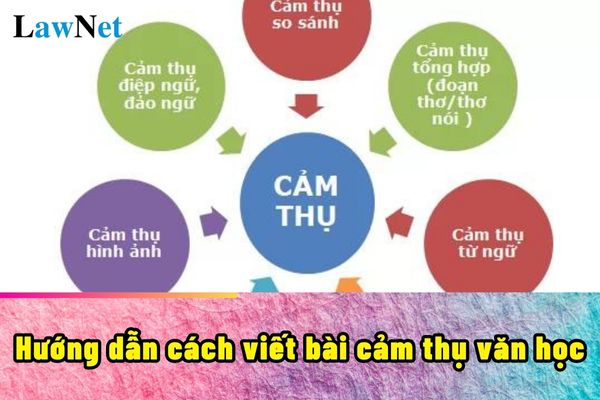
What are guidelines on writing the best literary appreciation essays? What are mandatory literary works in the general education curriculum in Vietnam? (Image from the Internet)
Which level's curriculum in Vietnam requires literature appreciation?
Based on Section III, General Education Program for Literature issued with Circular 32/2018/TT-BGDDT, the objectives for upper secondary school are prescribed as follows:
- Helping students continue to develop qualities formed in secondary school; expand and enhance the requirement to develop qualities with specific expressions: being determined, having personality, ideals, and ambitions, preserving and promoting Vietnamese cultural values; having a global integration spirit and global citizenship awareness.
- Continue to develop skills formed in secondary school with higher requirements: understanding both explicit and implicit content of various texts at a higher difficulty level through scope, content, and reading requirements; developing critical thinking abilities; utilizing knowledge about literary language traits, literary trends and movements, author styles, works, internal and external elements of the text to form independent reading ability. Proficiently writing argumentative and comprehensive explanatory texts (combining expression methods and argumentative manipulations), following the process, having personal opinions, ensuring logic and persuasiveness. Speaking and listening flexibly; having the ability to listen and evaluate the content and expression manner of presentations; participating with personal insights, character, and appropriate attitudes in debates.
Developing literary skills with the requirement: distinguish literary works from other kinds of art; analyze and comment on literary language traits; differentiate expression and content in literature; identify and analyze, appreciate literary works based on literary stylistic traits; having a rich imagination, being able to enjoy, receive, and evaluate literature; creating somewhat literary products.
In upper secondary school, students are required to appreciate literary works based on literary stylistic traits.
Moreover, the evaluation of students after learning Literature in each level's curriculum must ensure the evaluation method stated in Section VII of the General Education Program for Literature issued with Circular 32/2018/TT-BGDDT:
Evaluation in Literature is conducted through two methods: continuous assessment and periodic assessment.
Continuous assessment is carried out continuously throughout the learning process, organized by subject teachers; forms of assessment include: teachers assessing students, students assessing each other, and self-assessment by students.
For continuous assessment, teachers can rely on daily observations and recordings of students, students' answers or presentations, tests, literary analysis and feedback writing, summaries, conducting research projects, etc.
Periodic assessment is carried out near the end or at the end of a learning phase (end of semester, end of school year) by the educational institution for managing teaching activities, ensuring education quality, and facilitating program and material development. Periodic assessment usually involves written tests or exams.
Test and exam questions can require essay-type responses (one or more questions); can combine objective multiple-choice questions and open-ended questions to assess reading comprehension and demand writing an essay on a specific topic according to studied text types.
Oral tests could be used if deemed necessary and feasible to assess speaking and listening.
In evaluating end of year or end of school levels, innovation in evaluation methods (test structure, question posing, difficulty differentiation, etc.) is required; using and exploring literary materials to ensure an accurate assessment of students' ability to comprehend, analyze, and appreciate literary works.
Regardless of the assessment method, it must ensure the principle that students showcase and express their qualities, linguistic and literary skills, imaginal and logical thinking, personal thoughts, and feelings without borrowing or copying; encouraging essays with individuality and creativity.
Students need guidance to grasp the objectives, methods, and evaluation criteria for these qualities and skills.
Thus, according to the above regulations, literature appreciation is required in the upper secondary school Literature program and later, in the testing and evaluation process, this appreciation content will also be checked.
What are mandatory literary works in the general education curriculum in Vietnam?
According to Section V of the General Education Program for Literature issued with Circular 32/2018/TT-BGDDT, the mandatory and elective works are specified as follows:
- Mandatory works:
+ "Nam Quoc Son Ha" (Ly Dynasty)
+ "Hich tuong si" by Tran Quoc Tuan
+ "Binh Ngo Dai Cao" by Nguyen Trai
+ "Truyen Kieu" by Nguyen Du
+ "Van te nghia si Can Giuoc" by Nguyen Dinh Chieu
+ "Tuyen ngon Doc lap" by Ho Chi Minh
- Electives:
+ Vietnamese Folklore
++ Select at least 4 representative works from 4 genres in the Vietnamese folk tale treasure: legend, fairy tale, fable, humorous story
++ Select at least 3 folk ballads on the themes: homeland and country; love, family ties; people and society (lyrical or sarcastic)
++ Select at least 1 Vietnamese epic
++ Select at least 1 narrative poem by Vietnam’s ethnic minorities
++ Select at least 1 cheo or tuong script
+ Vietnamese written literature, select at least one work by each of the following authors:
++ Nom poetry, argumentative prose by Nguyen Trai
++ Classical Chinese poetry by Nguyen Du
++ Nom poetry by Ho Xuan Huong
++ Nom poetry by Nguyen Dinh Chieu
++ Nom poetry by Nguyen Khuyen
++ Stories and poetry by Nguyen Ai Quoc - Ho Chi Minh
++ Short stories, novels by Nam Cao
++ Novels, reports by Vu Trong Phung
++ Poetry by Xuan Dieu before the August Revolution
++ Poetry by To Huu before and after the August Revolution
++ Short stories, memoirs by Nguyen Tuan
++ Dramas by Nguyen Huy Tuong
++ Dramas by Luu Quang Vu
+ Foreign literature, select at least one work for each literary background: England, France, US, Greece, Russia, Japan, China, India.
>>> Download the General Education Program for Literature
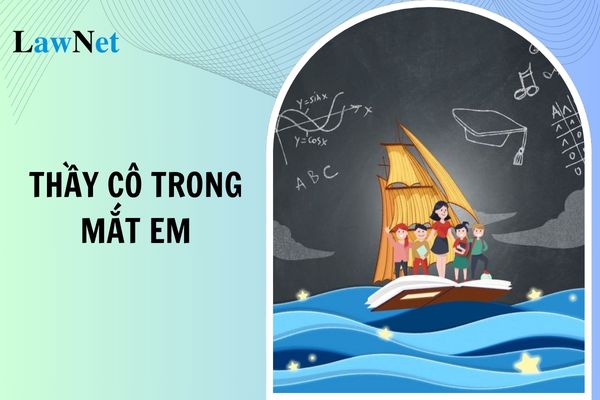
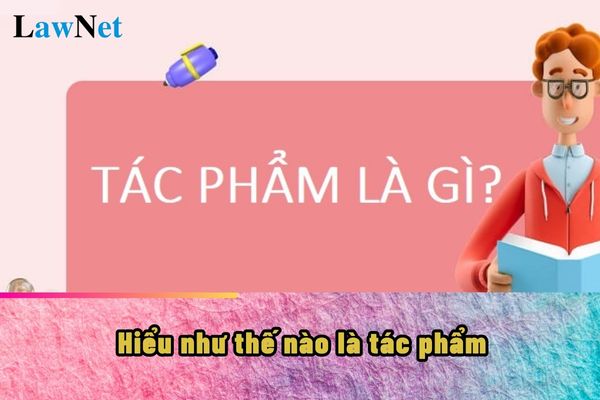
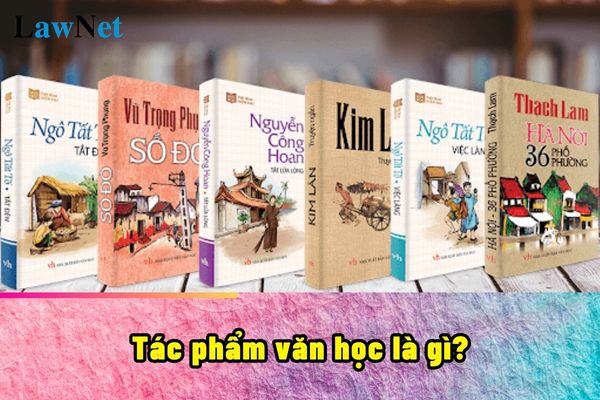

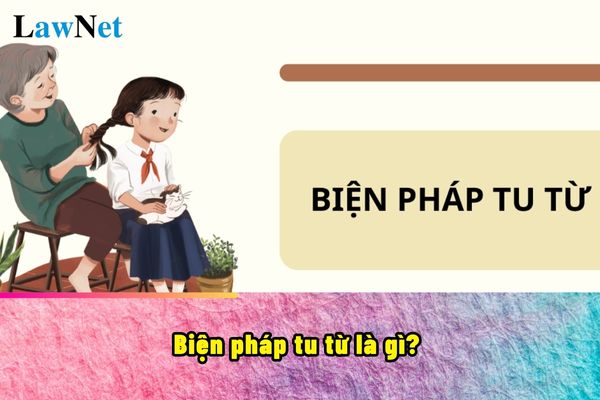
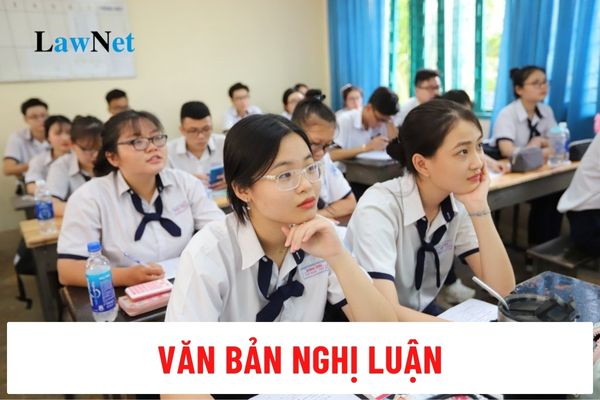
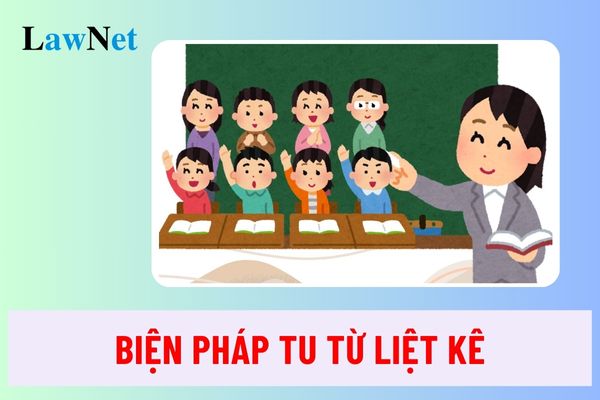
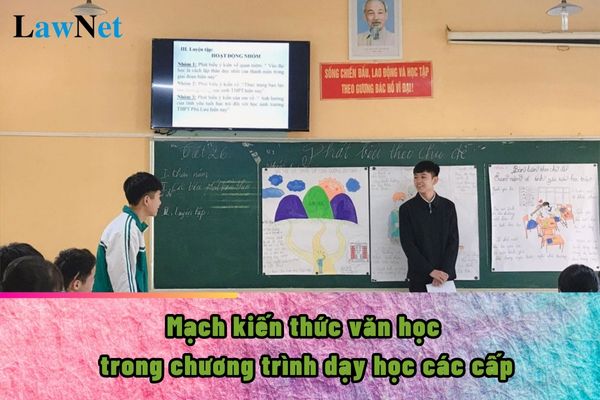
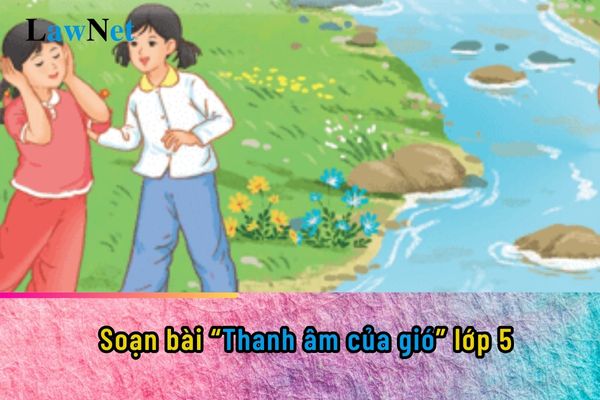
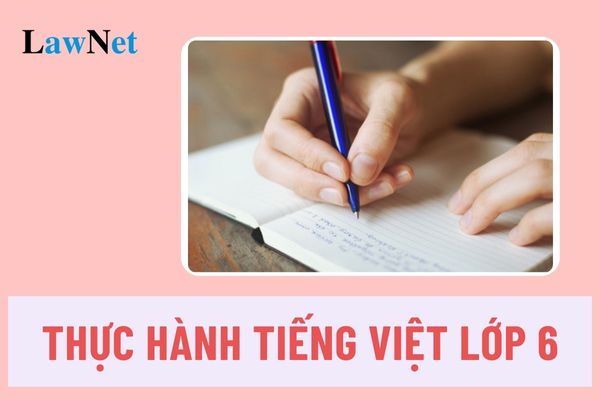
- What are procedures for proposing and approving courses on the MOOCs application in Vietnam?
- Why is Hanoi considered the political, economic, cultural, and educational center of Vietnam? What are essential teaching devices for the subjects of History and Geography in Vietnam?
- What are types of national defense and security education centers in Vietnam?
- What are characteristics of the Tropical Monsoon climate of in Vietnam? What is the minimum number of classrooms in lower secondary schools in Vietnam?
- What are factors affecting river regime? What are requirements for the content of the hydrosphere in grade 10 Geography in Vietnam?
- How many planets are there in the solar system? What are principles of library interconnection in Vietnam?
- Circular 24 on Regulations for the 2025 High School Graduation Examination
- Vietnam: What do humidity and humid weather mean? What are the basic characteristics of Geography?
- What are the sample research reports on a traditional Vietnamese cultural matter for 10th-grade students? Are 10th-grade students required to participate in environmental protection activities?
- What are guidelines for voting for WeChoice Awards 2024 in Vietnam? Do upper secondary students in Vietnam have the right to access information?

